Sudan’s gold production increases by 9.6 tons in 2020
The total gold production of Sudan in 2020 reached 36.6 tons, which is 9.6 tons more than in 2019, the director of the Sudanese Company for Mineral Resources, Mubarak Ardol, reported in a press statement yesterday.
 Jebel Amer goldmines are handed over to Minister of Finance, Heba Mohamed, on October 28 (Social media)
Jebel Amer goldmines are handed over to Minister of Finance, Heba Mohamed, on October 28 (Social media)
The total gold production of Sudan in 2020 reached 36.6 tons, which is 9.6 tons more than in 2019, the director of the Sudanese Company for Mineral Resources, Mubarak Ardol, reported in a press statement yesterday.
The gold revenues amounted to SDG 22.5 billion*, of which SDG 16.6 billion was deposited at the Ministry of Finance. The gold revenues have been allocated to various “revenue partners, including the Finance Ministry, the states [of Sudan], the Zakat [Muslim alms] Chamber, the Geological Research Authority, and other institutions that have recently been added to the list”.
Ardol reported the existence of a special account at the Central Bank of Sudan for a share for local communities, which would absorb $5 million in special funds for social responsibility in Sudan’s 18 states.
He acknowledged national and international gold smuggling operations “through the main windows”, calling for the establishment of special prosecution teams and tightening the control of production.
Failure to bring North Darfur’s Jebel Amer gold mines into the production line was attributed to bureaucracy by Ardol, despite the handover of the mines by the Al Junaid company to Sudan’s Ministries of Finance, Energy and Mining several months ago.
Mineral Resources company
“The Sudanese Company for Mineral Resources and its producers are facing many challenges, including objections of people living near gold mines to gold mining companies, and the fees imposed by some states,” he said. “In South Kordofan, at least 10 gold mining plants in have been closed by activists.”
The company director said that there are efforts being made to list qualified miners and distribute permits to them.
In a separate statement, the Sudanese Company for Mineral Resources announced the establishment of an industrial zone in Um Rawaba in North Kordofan, to benefit from the large mining residues from North and South Kordofan. A gold plant will be set up south of Um Rawaba for gold processing, “which will support development in the two states as well as the national economy”.
Khalid Mustafa, the Governor of North Kordofan, pledged to harness all the required capabilities that necessitate the establishment of this project, indicating the importance of the project in a way that is beneficial and positively reflected in the interest of serving the people.
Toxic waste
Traditional gold mining is carried out by excavating the soil that contains gold. The soil is then milled and treated with mercury, which extracts about 30 per cent of the gold in the rocks. The leftover soil is treated with cyanide to extract the remaining gold.
This process results in highly toxic industrial waste. Traditional miners, small companies and gold labs dispose of these wastes by pouring them directly into valleys and streams, leading to heavy pollution in the environments surrounding the mining areas. This has long term health consequences.
Protests against traditional gold mining have increased in recent years in several states in the country, especially South Kordofan, North Kordofan, North Darfur and Northern State.
Sudan is reportedly the second-largest producer of gold in Africa and the ninth in the world. The production however is driven by unregulated, artisanal (individual subsistence) mining.
* USD 1 = SDG 55.1375 at the time of posting, according to the daily middle US Dollar rate quoted by the CBoS. Effective foreign exchange rates however can vary widely on Sudan’s parallel market, where the greenback sold for SDG 258 on Thursday.
Radio Dabanga’s editorial independence means that we can continue to provide factual updates about political developments to Sudanese and international actors, educate people about how to avoid outbreaks of infectious diseases, and provide a window to the world for those in all corners of Sudan. Support Radio Dabanga for as little as €2.50, the equivalent of a cup of coffee.









 and then
and then